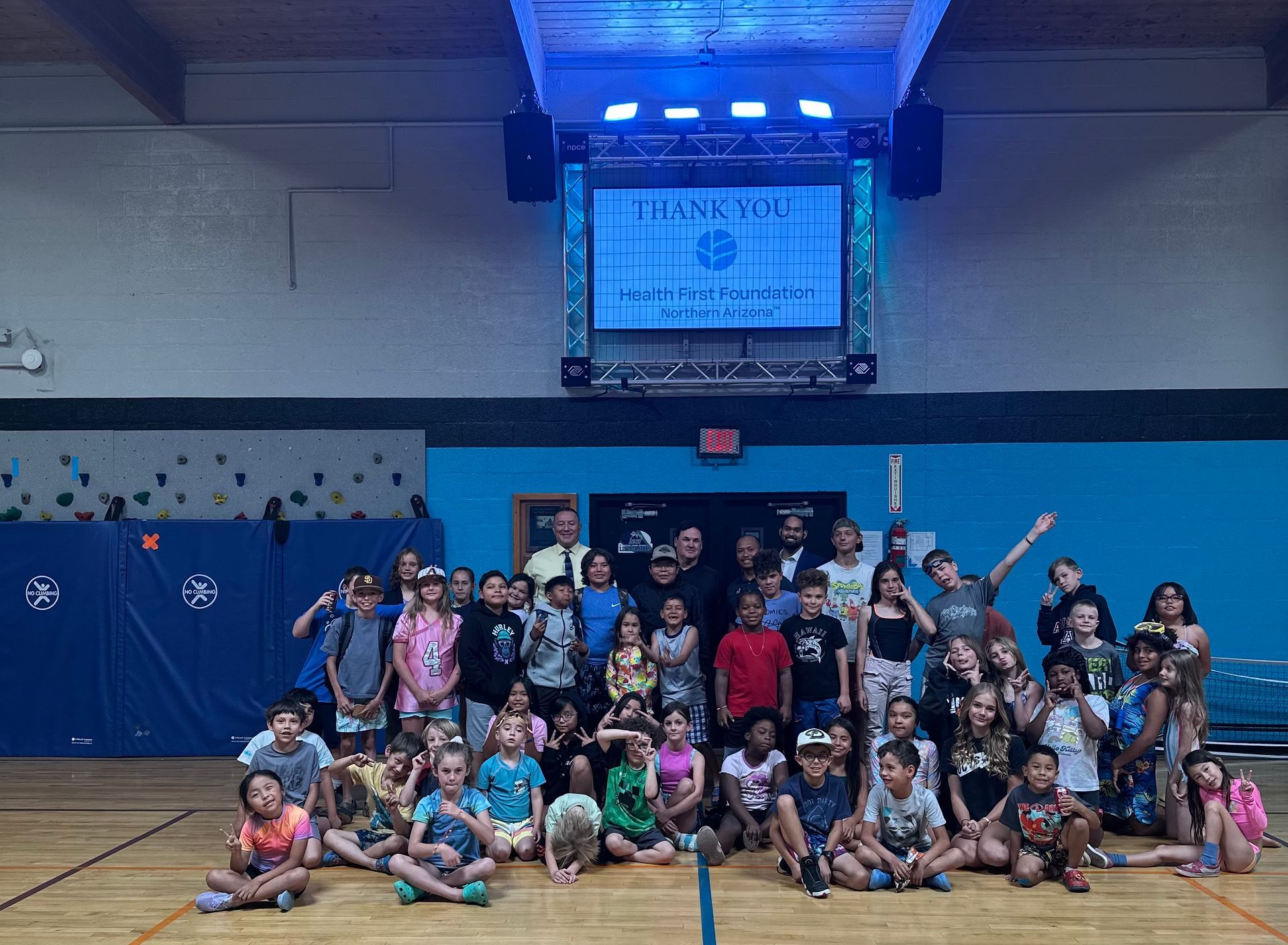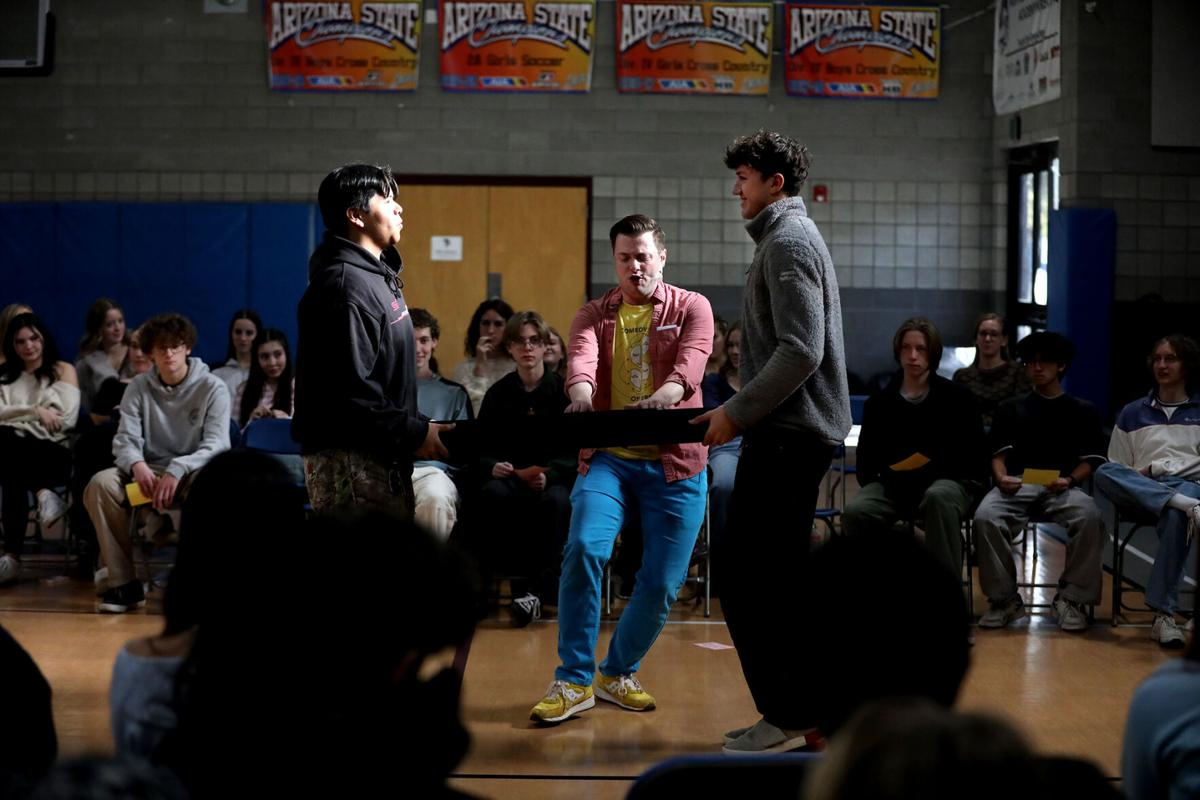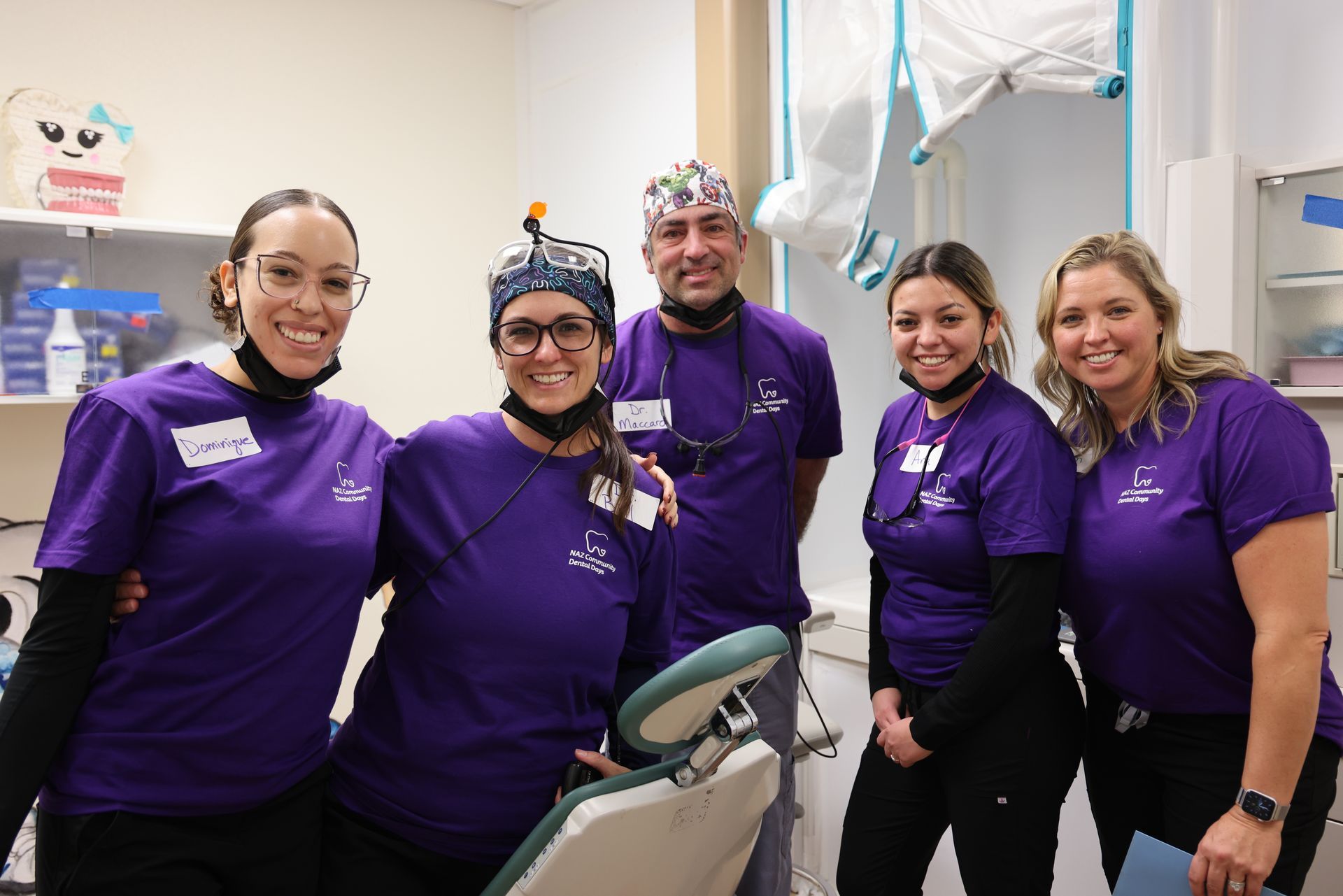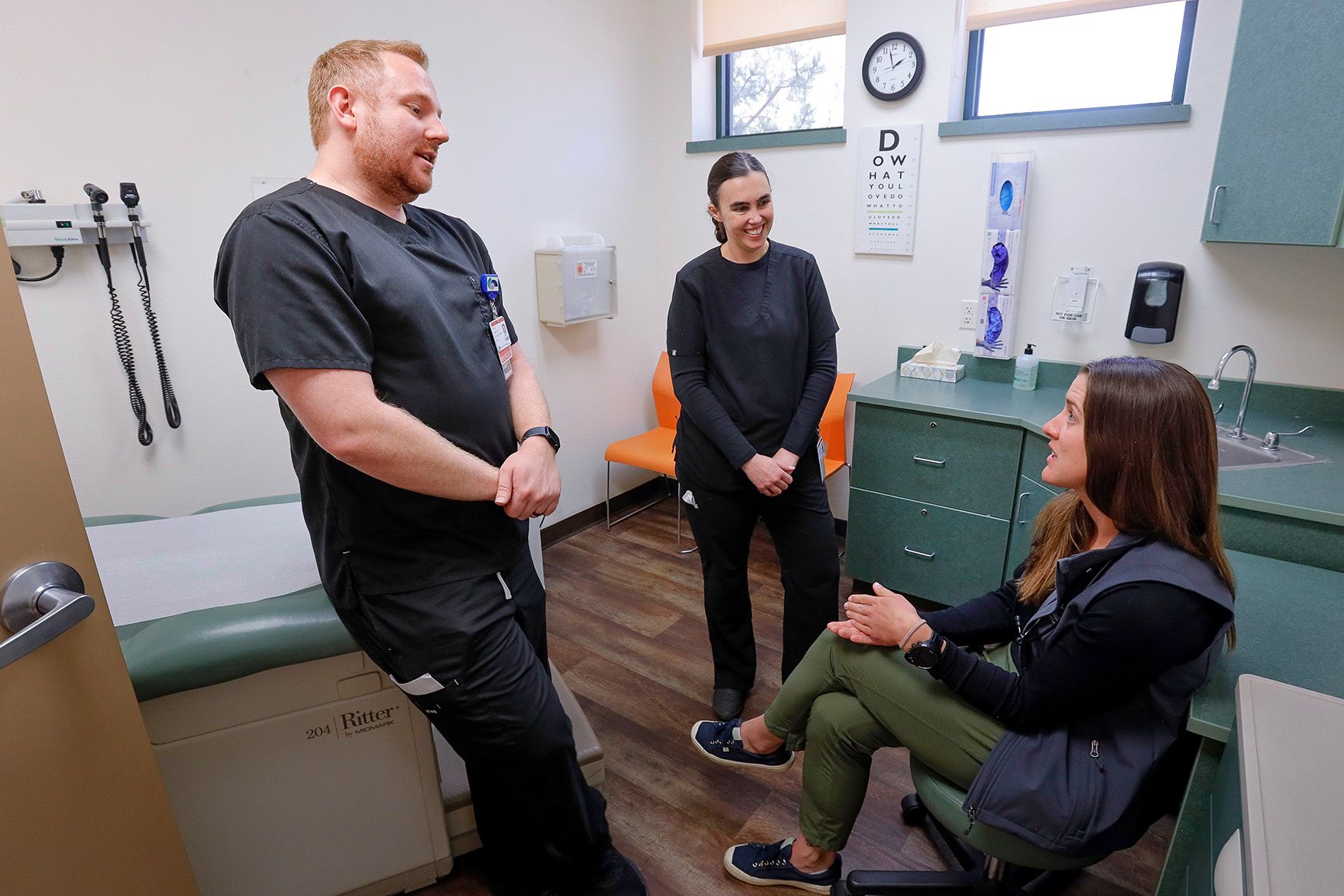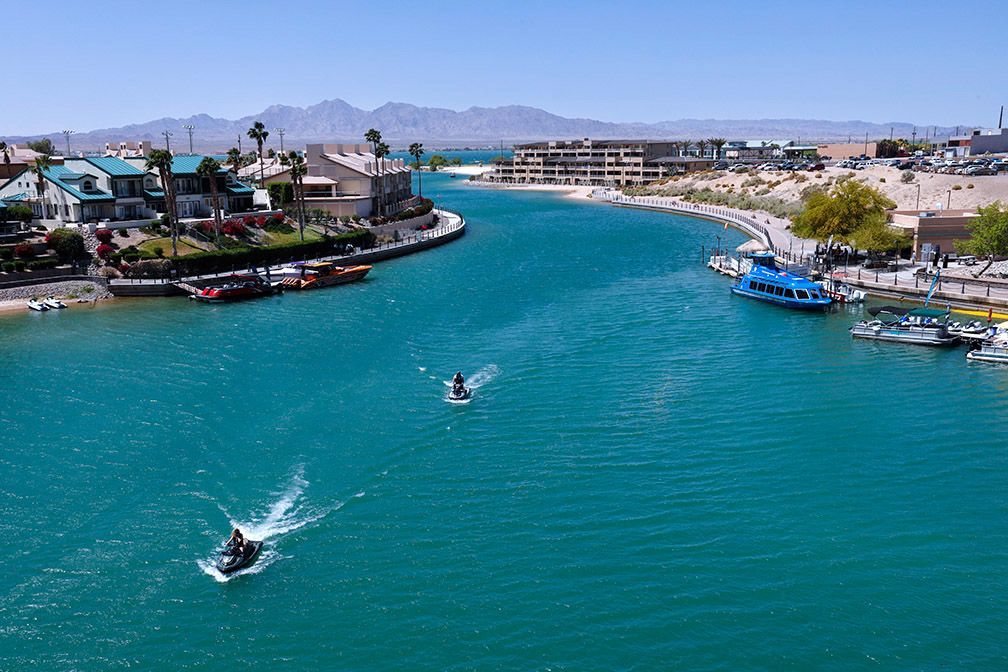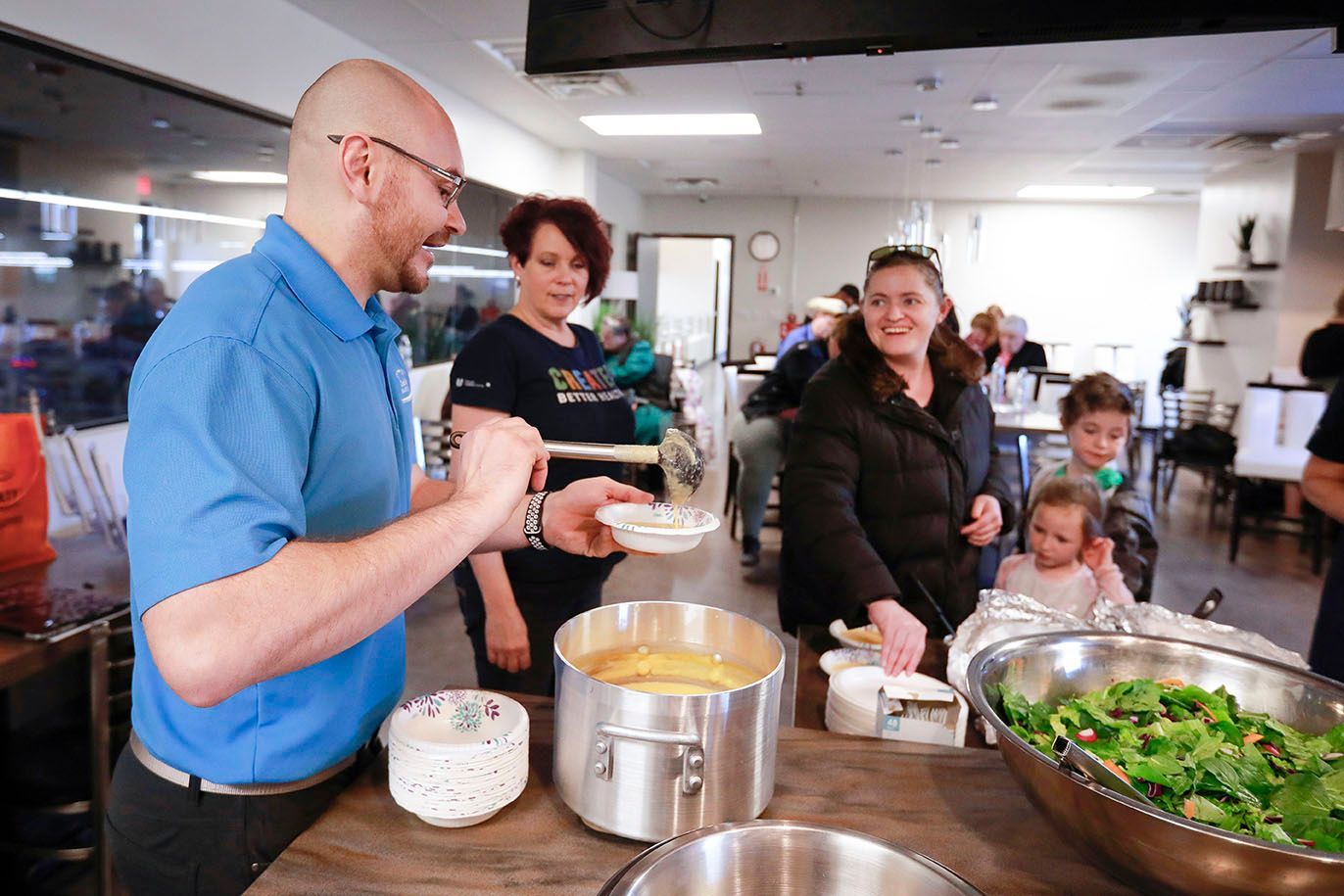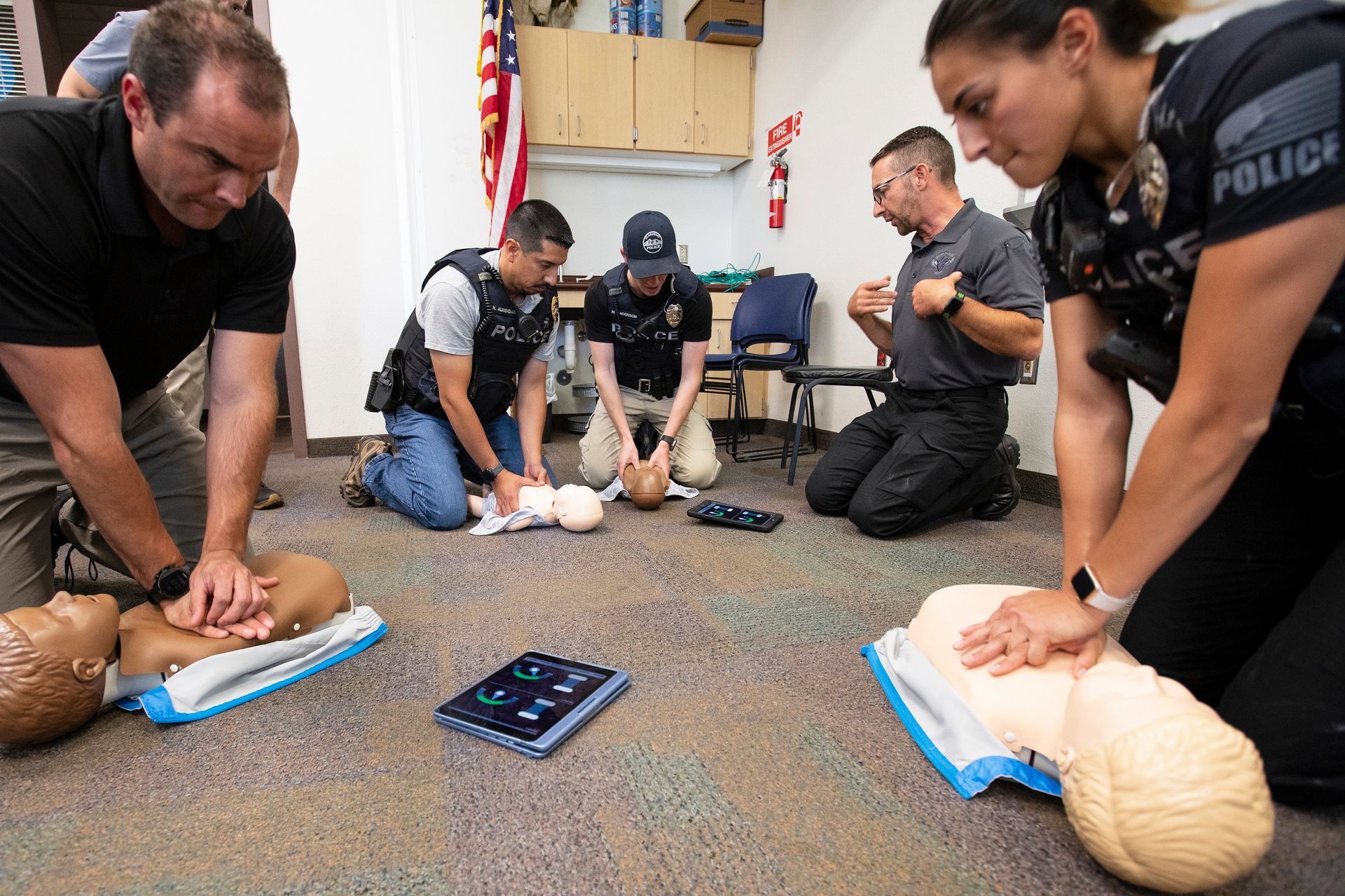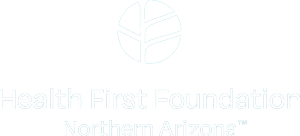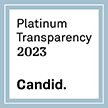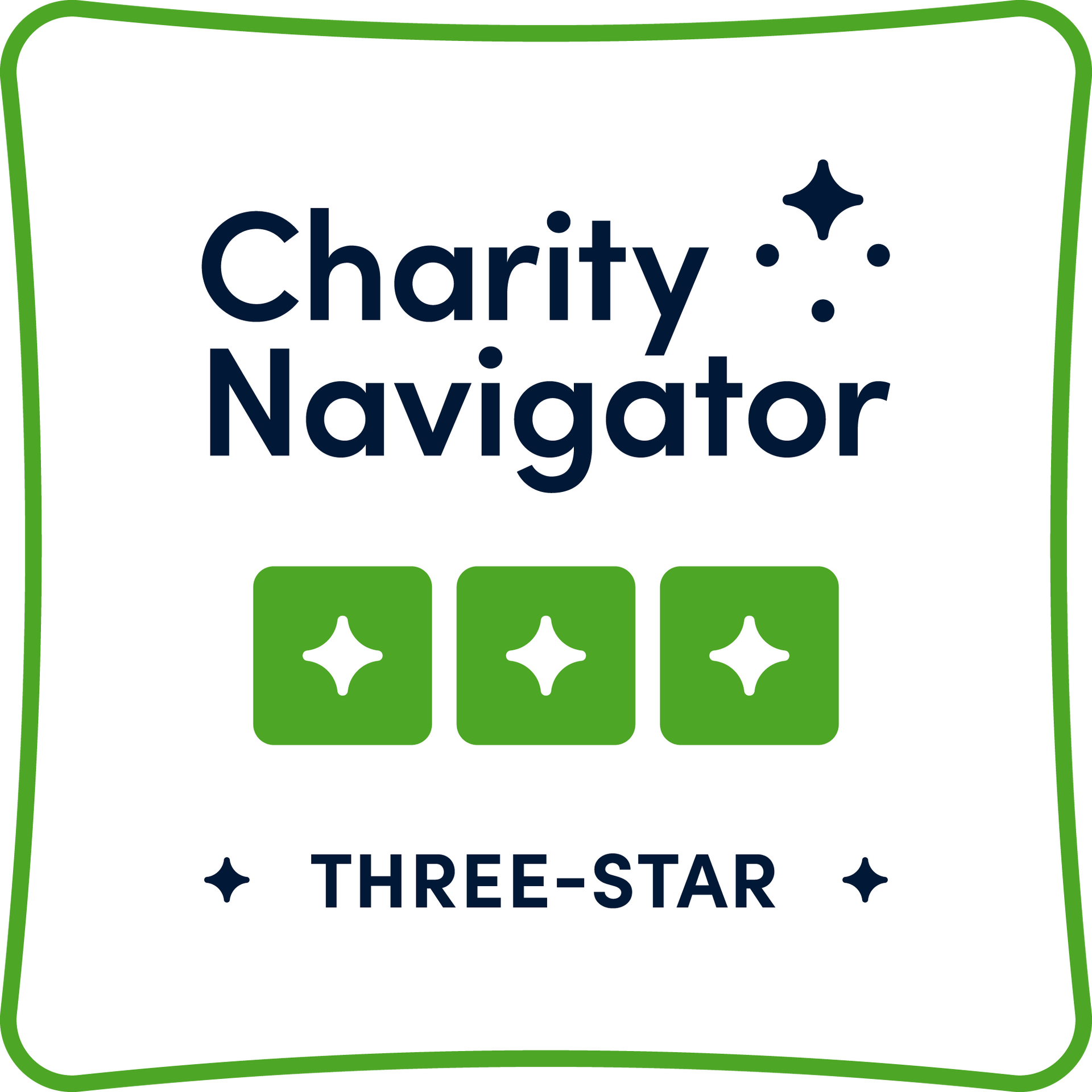Creating Health Through Harmony
For the Navajo people, the dynamic, complex, and rich term “hózhó” is one expression used to describe harmony. Hózhó reflects the path or journey by which an individual strives towards and attains a state of health and wellness. However, on the Navajo Nation, this path can be riddled with challenges.
The Navajo Nation, the largest land area retained by a Native American tribe, is a 27,000-square-mile swath of high plains and desert stretching across Arizona, New Mexico, and southern Utah. Woven throughout the tapestry of the lands are tradition, culture, and natural beauty. However, harsh living conditions, environmental issues, the prevalence of chronic illnesses, and limited access to specialized healthcare have created barriers to achieving hózhó. By many accounts, more than a third of the native peoples in northern Arizona live without electricity, paved roads, cell phone service, landlines, safe housing, stable income, or other essentials of modern life. Most roads are unpaved and in the rainy and snowy seasons they are impassable, creating islands of captives for stretches at a time.
These conditions are harsh for a person in good health, but for those battling a chronic disease like cancer, it’s a matter of life or death. According to the Navajo Epidemiology Center, cancer is the second leading cause of mortality for all Navajo people. Environmental issues have aggravated cancer risk as many are victims, or Downwinders, of radioactive contamination and nuclear fallout from more than 100 abandoned uranium mines.
For a patient living in the Navajo Nation, a cancer diagnosis means frequent trips to a care center that is often hours away. This distance, along with other impediments to accessing care, makes it hard to maintain life-saving treatment. Many forego treatment altogether.
Acknowledging these barriers to cancer care, Tuba City Regional Health Care Corporation (TCRHCC) committed time and resources to open a cancer center, the first of its kind in the Navajo Nation, and increase access for patients. During 2018 and 2019, the Northern Arizona Healthcare Foundation awarded TCRHCC a grant to support vital cancer treatment equipment and tools for the center.
Over the years, our Foundation has maintained a commitment to filling in healthcare gaps through strategic funding, grant seeking, and partnerships oriented towards the areas of greatest need in our region. Cancer treatment is undoubtedly a focal point, but so is decreasing health disparities among our Native American population. Supporting TCRHCC with the founding of their cancer care center has allowed us to address both effectively.
Through the combined efforts of TCRHCC, our Foundation team, and generous community of donors, we’re not only creating access to cancer treatment but for hózhó in the lives of thousands who call the lands of the Navajo Nation their home.
Stories
